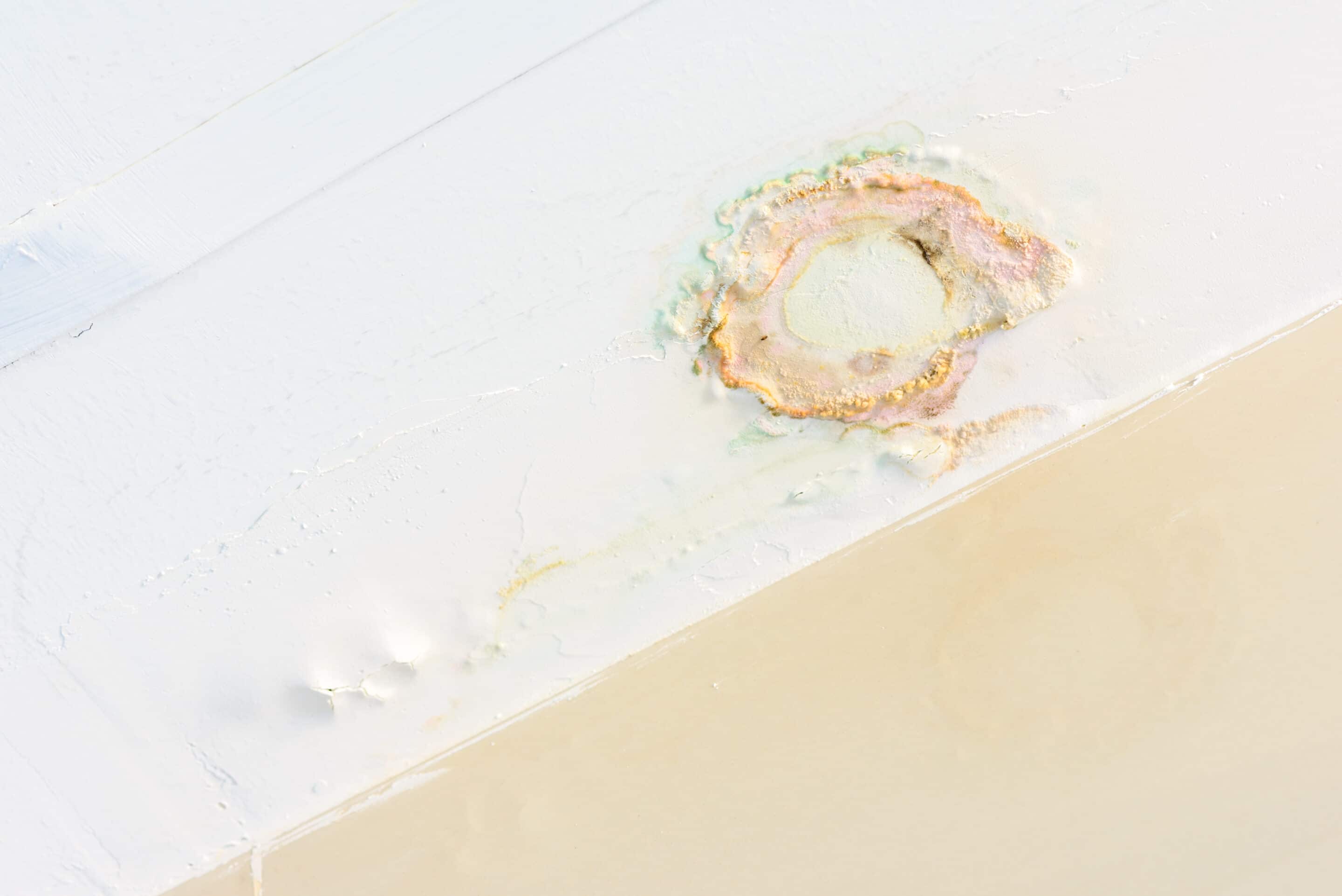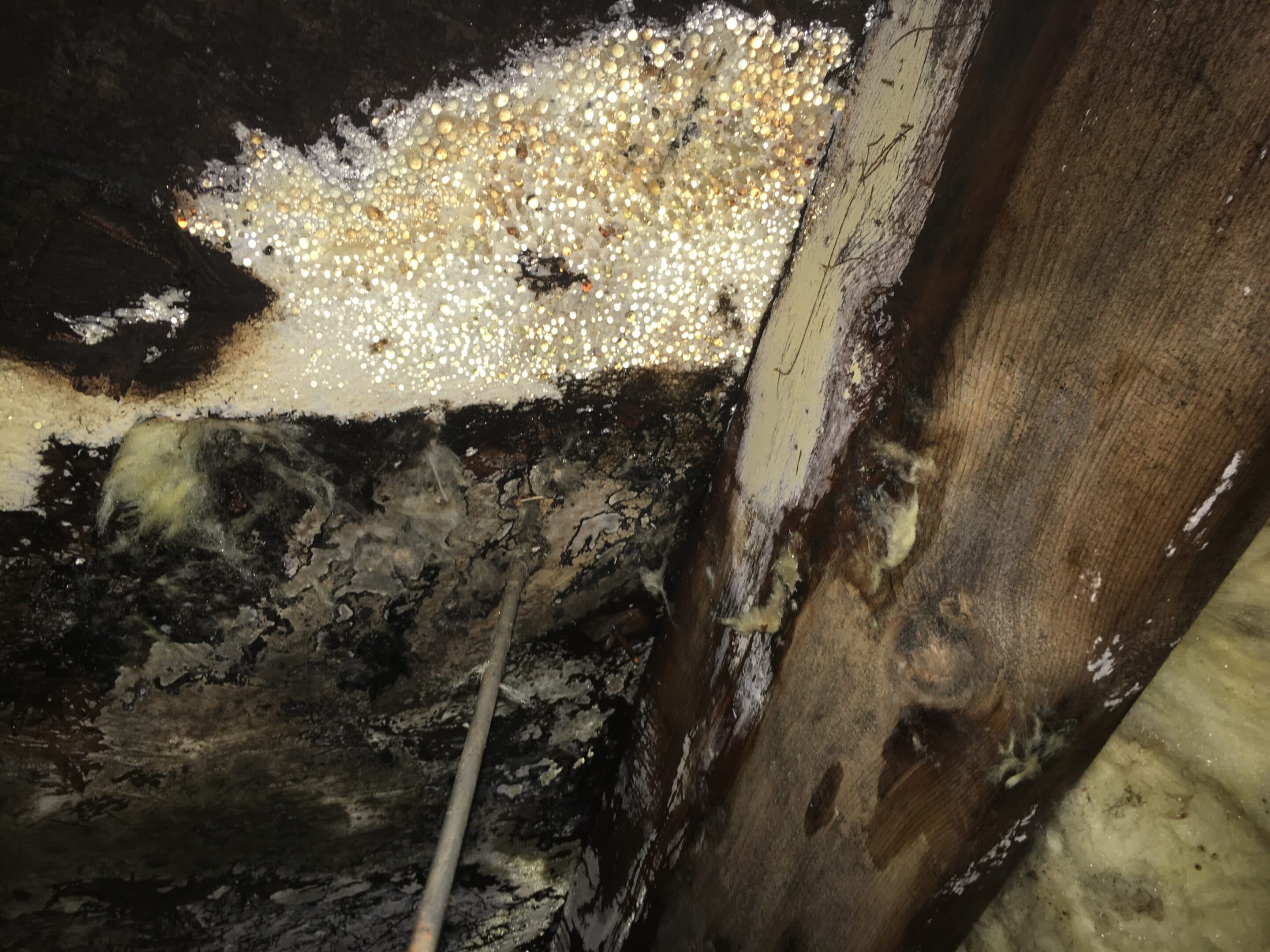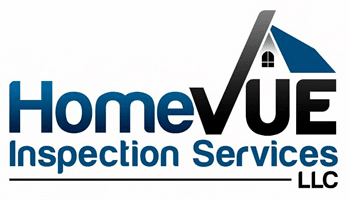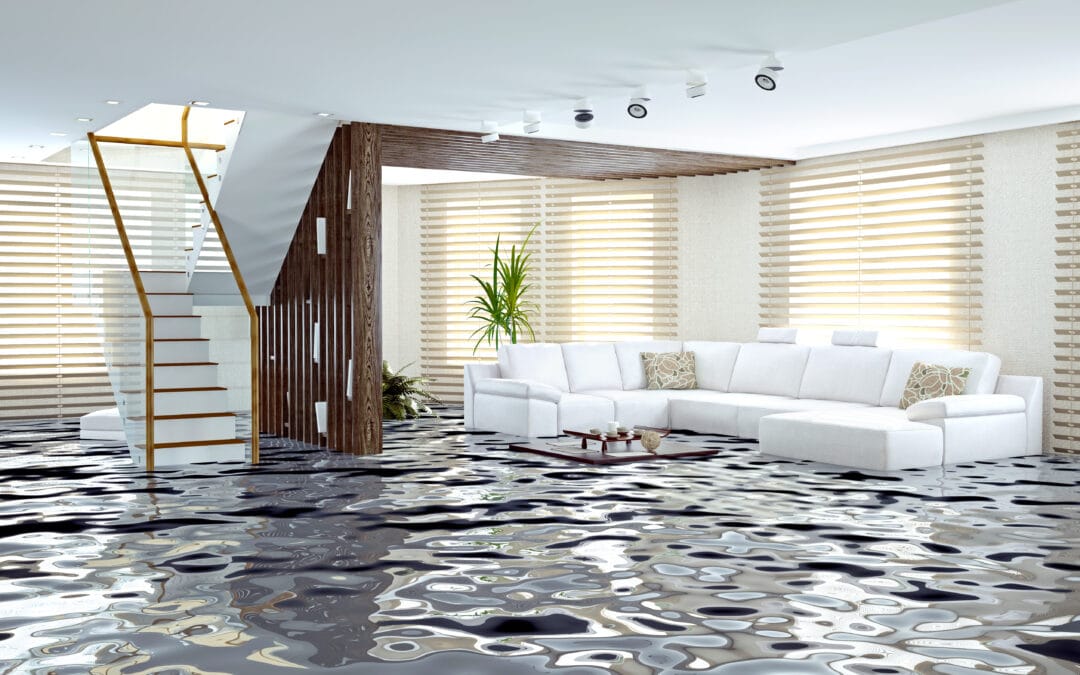Problems with plumbing in your home can result in damage to your home, result in repair costs or increase your monthly water expense. These problems can range from the nuisance dripping faucet to hidden troubles that can result in significant damage to the home or impact the indoor air quality. This article will review common plumbing problems, how to avoid them and suggest corrective actions.
Clogged Drains
Clogged drains in your sinks and tubs are a nuisance, and when they get bad, they can cause water to overflow and flood parts of your home. The best way to deal with clogged drains is to prevent them from happening in the first place.
Without a doubt clogged drains are one of the most common plumbing problems. Not only are clogged sinks and tubs a nuisance, but when there is a significant clog, water can overflow the fixture and result in damage or flooding of the home. Dealing with a slow draining fixture as soon as it is notice is the best response and will reduce the risk of damage and flooding.
Avoiding putting things into drains that can result in clogging is the first line of defense. Something as simple as adding a strainer to your sink, tub or shower can reduce blockages. Cleaning a strainer is easier then trying to clear a blocked drain. Kitchen sinks are a common place for debris and unwanted items to make it into the drain. Avoid putting grease, fats, cooking oils, coffee grounds or any fibrous materials down the drain. These will build up in your drain lines and result in clogging.
Preventive maintenance can help prevent clogs from forming. We suggest that you routinely treat your drains with baking soda and hot water. This helps dissolve grease and breakup small clogs before they become a problem. Always use very hot water to flush the baking soda down the drain and wash out the pipes. How often you will need to treat your drains will depend on how frequently the fixture is used, the type of use and the history of clogging. Expect that a guest bathroom may only need to be treated once a year where the kitchen sink may require it monthly. Routine preventive maintenance using baking soda is far more friendly to the environment then harsh chemical drain cleaners and it is much safer on your drain piping.
If your clog is stubborn, check out these tips from the pros at This Old House on how to unclog any drain.
If you have an older home with cast iron or galvanized steel piping expect that frequent maintenance and clearing of clogs will be necessary as this type of piping degrades from the inside out and may be nearing the end of its useful life. Consulting with a professional plumber when prosenescent clogging or troublesome fixtures is the best practice.
Hidden Leak

A small leak can result in significant damage over time. This is especially true if the leak is in a supply line that is under pressure. This type of condition is leaking 24 hours a day and though small, it adds up to a lot of water. Additionally, where there is ongoing dampness it creates the ideal conditions for mold to grow and pests are attracted to rotten material. As home inspectors, we encounter this issue quite frequently.
How do you prevent problems and identify hidden leaks? First, you should periodically inspect the areas under your bathroom and kitchen sinks, inspect around toilets, and any appliance that uses water like the refrigerator ice maker line, water heater and washing machine hoses. If you see staining, discoloration, or detect any dampness then suspect that a leak may be present and either investigate further or call for the services of a professional plumber.
Consider changing your washing machine water supply hoses every few years or using a flood stop type hose. Inspect your water heater monthly and check around toilets when cleaning. Consider an annual home maintenance inspection that will check those areas like under the home and in the attic where you may not be comfortable going.
Family Handyman also offers advice on finding and repairing hidden leaks.
The photo below shows how a slow leak under the HVAC system has caused the floor below it to deteriorate, resulting in structural degradation as well as some funky organic growth. You can even see the probe passing completely through the subfloor.

Poor Water Quality
Let’s talk a bit about water quality and its impact on your home plumbing system and your health.
Indications of poor water quality may be bad taste, color, or odors. Poor quality can sometimes be from unseen factors, which can be very unhealthy for your family.
Poor water quality is not limited to private or well water systems, municipal water systems can also have quality issues. The best practice is to have your water tested by a qualified home inspector or testing company. This will determine the quality of the water, the conditions present and provide you with the necessary information to correct the problems.
Installing a water softener will address hardwater that has a lot of dissolved minerals but will not address other issues. Water that has a sulfur or rotten egg smell is the result of biological activity and will require specialized treatment. Point of use filters at sinks or showerheads can address some conditions
Municipal water systems can have high chlorine levels. Several health problems can be caused by drinking water that has high levels of chlorine; however, the bigger risk is from taking showers using water that has high chlorine levels. As you shower the heat and steam of a shower releases chlorine at rates up to 20 times higher than tap water and now that your skin pores have opened Chlorine can not only be inhaled but can also be absorbed into your body at a higher rate. The good news is that chlorine is easily removed with the right type of filters.

Summary
Clogged drains are easy to identify and can normally be remedied using simple tools and basic preventative maintenance can keep clogs from forming in the first place.
Vigilance is the key when detecting and fixing hidden leaks. Consider developing a monthly checklist to help monitor the areas prone to hidden leaks. Early detection and repair is crucial to prevent compounding damage.
Having your water tested periodically is a good idea. If needed, installing a proper treatment or filter system can improve overall water quality and benefit your health. As with any equipment proper maintenance and inspection is required to ensure reliable operation and use. Contact your professional home inspector as most professional offer water testing services and work with respected laboratories to provide analysis and test results at a reasonable cost. Then work with a licensed plumbing contractor to install any treatment or filter systems.
Our thorough home inspections have helped thousands of home buyers better understand the investment they’re making when purchasing a home. Contact us today so that you can close with confidence.


Recent Comments